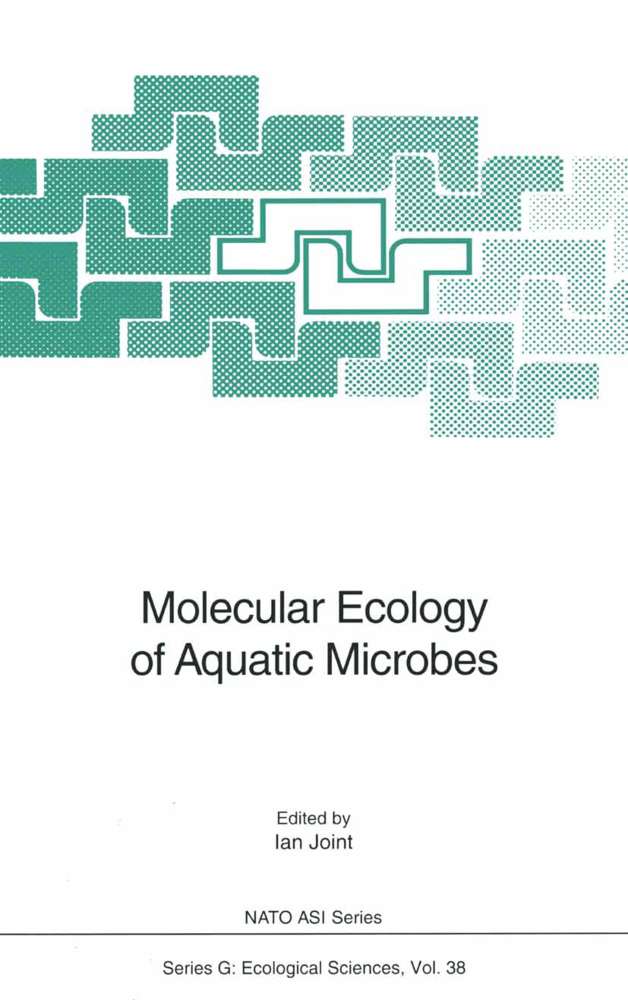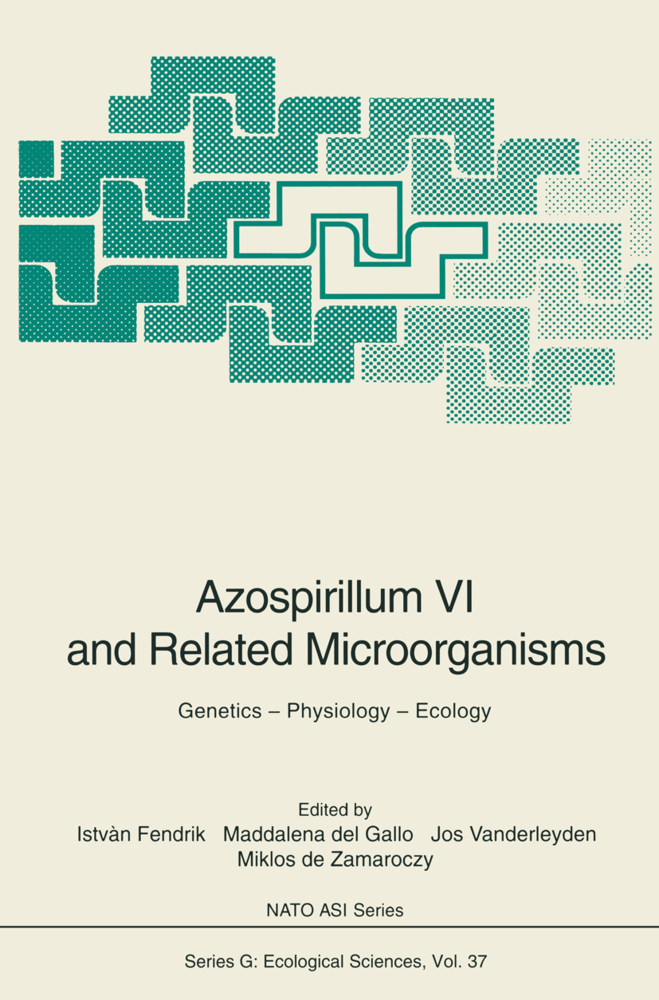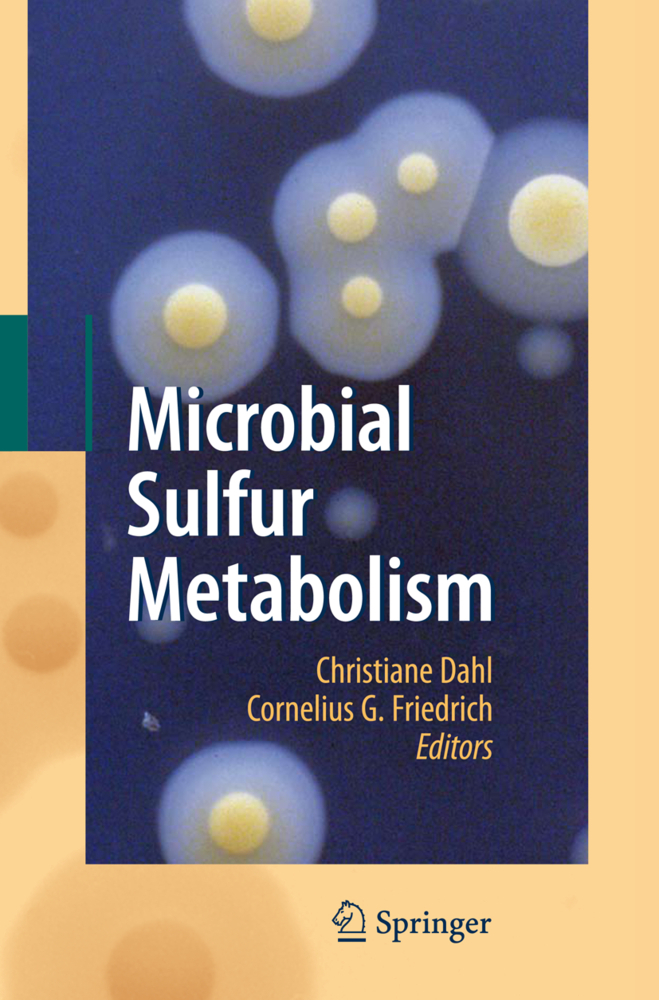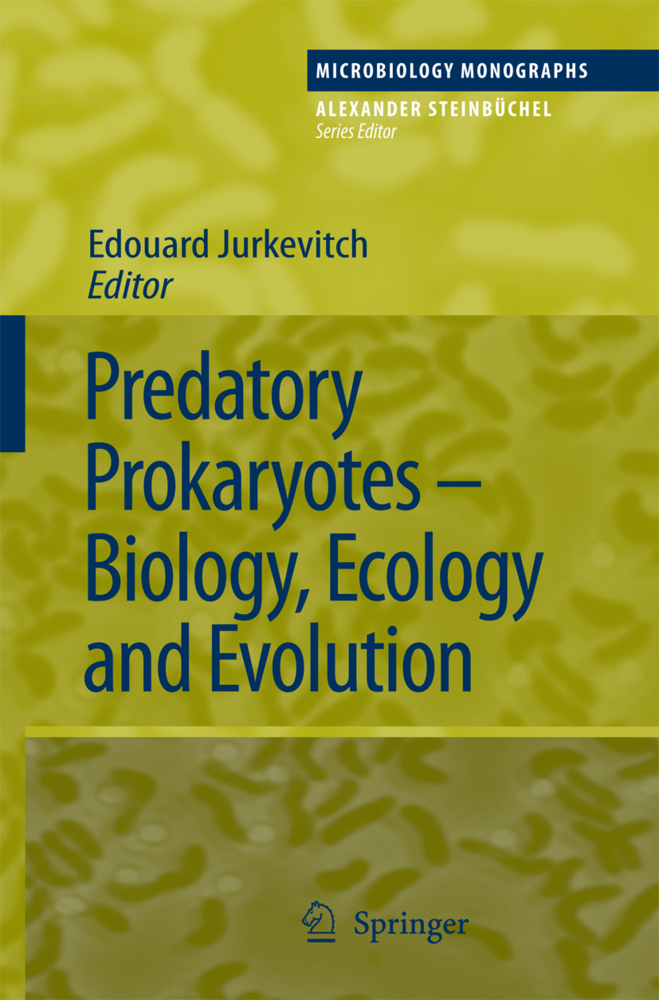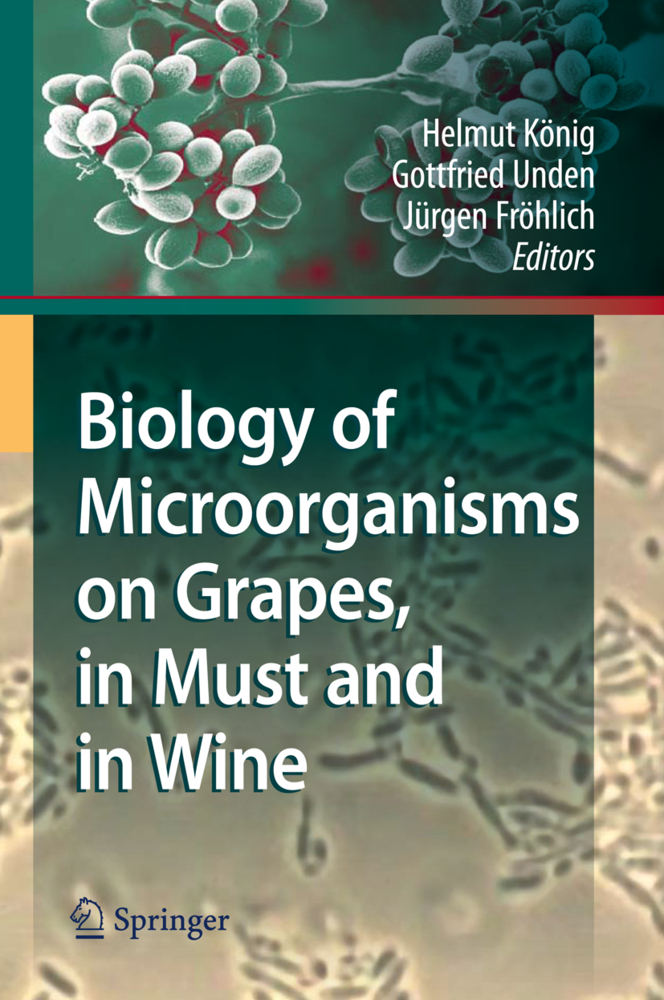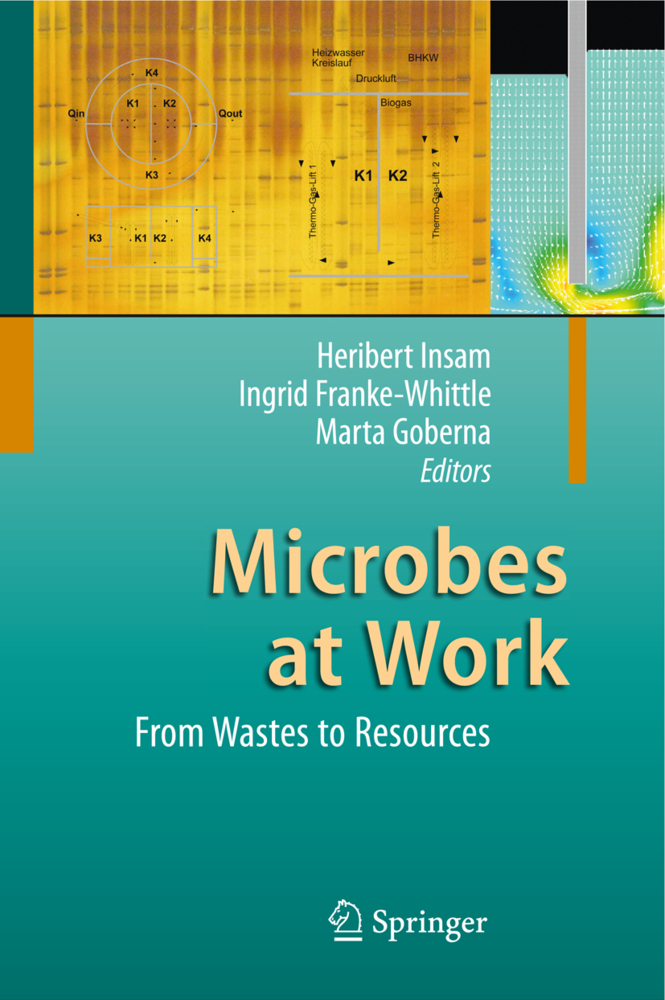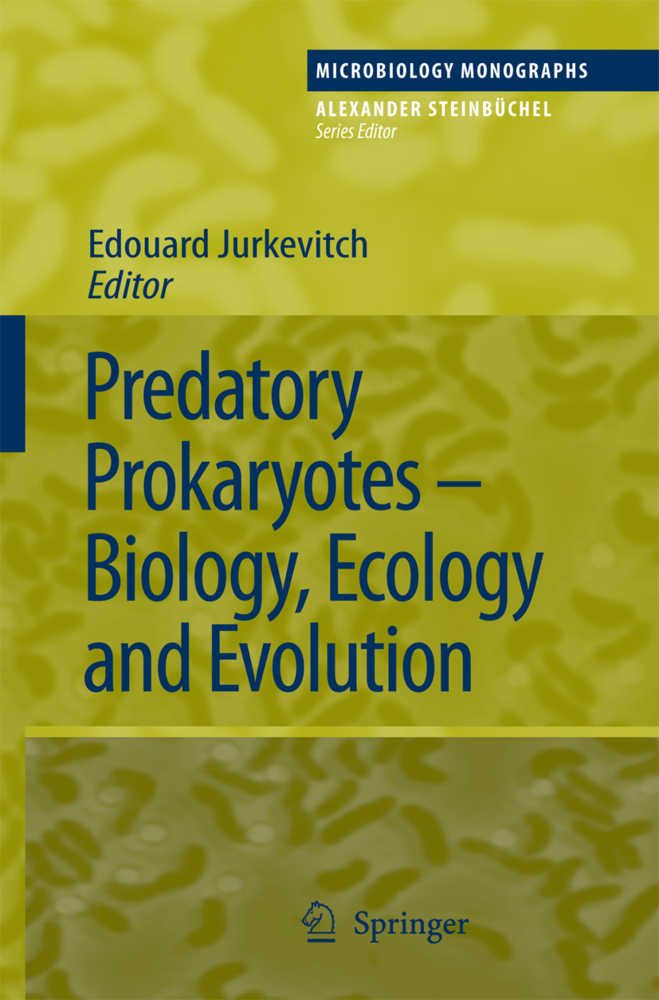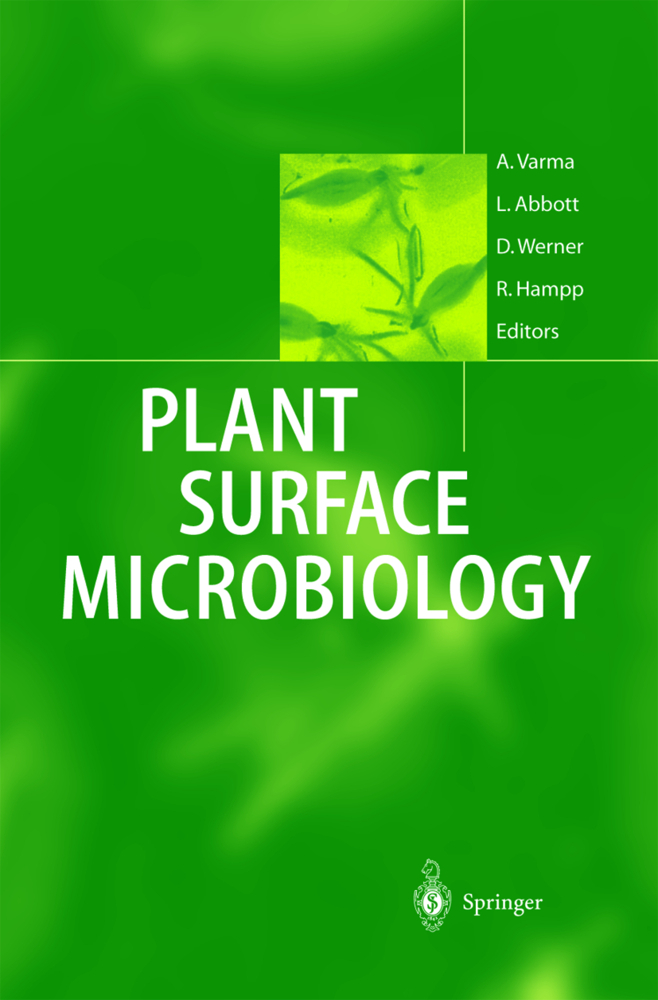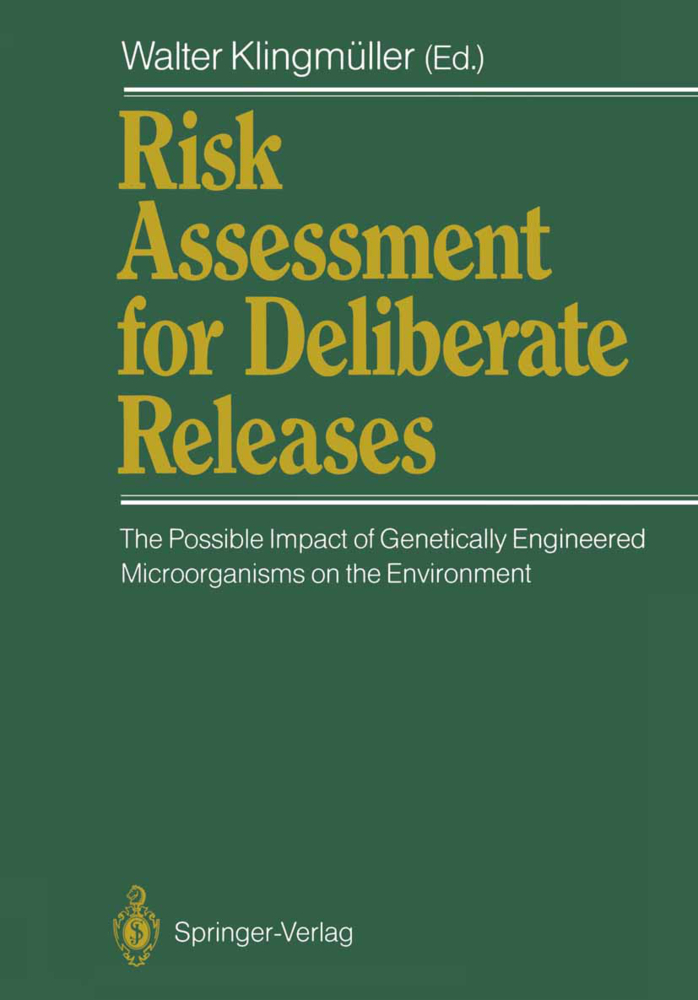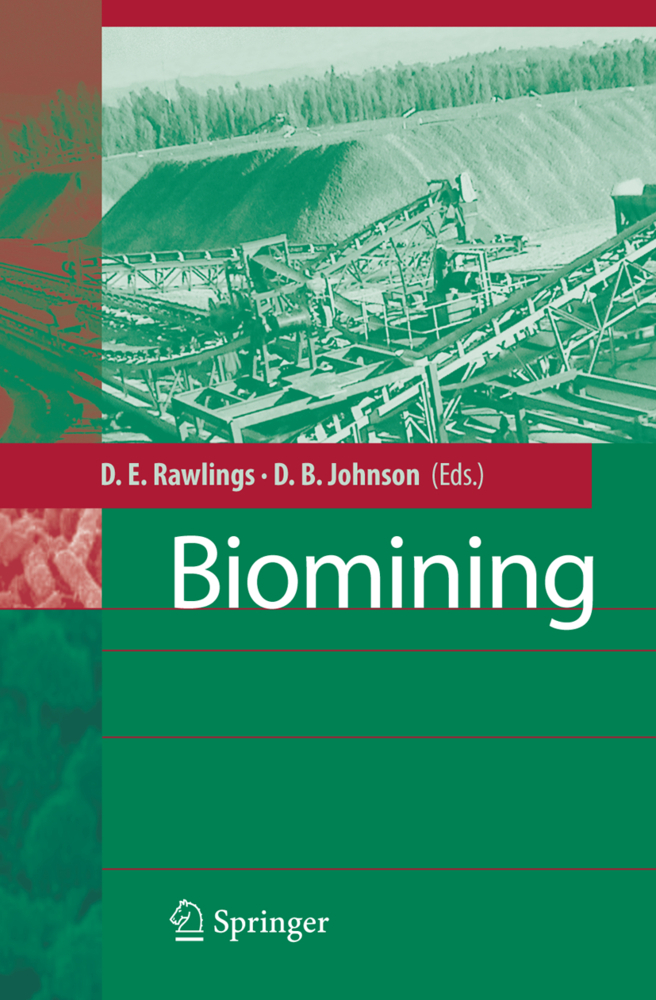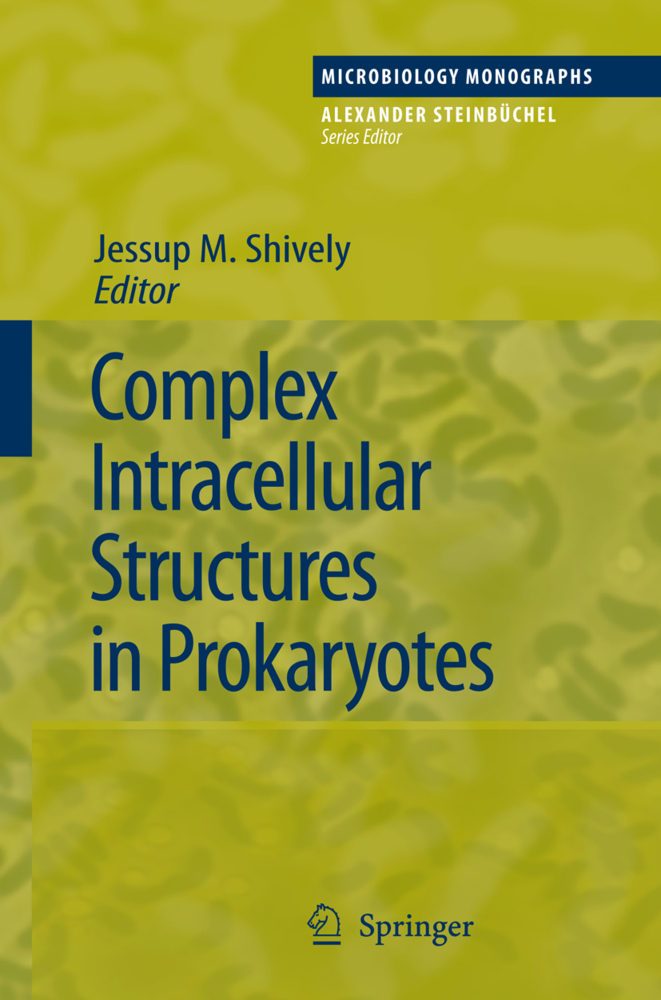Molecular Ecology of Aquatic Microbes
Molecular Ecology of Aquatic Microbes
A NATO ASI on "Molecular Ecology of Aquatic Microbes" was held at II Ciocco, Lucca, Italy from 28 August - 9 September 1994. The aims of the ASI were to evaluate the potential for molecular biology to solve some important questions in aquatic microbiology, particularly in relation to biogeochemical cycling and microbial physiology. Techniques developed by molecular biologists have now been adopted by a wide range of scientific disciplines. In the last 5 years, aquatic microbial ecologists have begun to incorporate these methods into their research and, as a result, are developing a much clearer understanding of phylogenetic diversity, the molecular basis of physiological acclimations and the transduction of environmental signals and organism responses. The aim of this ASI was to assess progress in this new field of research, to compare and describe techniques and experimental approaches, and to foster communication between disciplines. The ASI offered an excellent opportunity to bring together aquatic ecologists with molecular biologists and to encourage efficient technology transfer. The meeting of information on the status provided a forum for detailed and broad exchange and trends of aquatic molecular ecology and to assess how emerging molecular techniques might solve some important problems in ecology which have prove intractable because of lack of appropriate methodologies.
Bacteria in Oceanic Carbon Cycling as a Molecular Problem
The Role and Regulation of Microbes in Sediment Nitrogen Cycle
Functional and Taxonomic Probes for Bacteria in the Nitrogen Cycle
The Role of Mixotrophy in Pelagic Environments
Successional Change in the Planktonic Vegetation: Species, Structures, Scales
Can Molecular Techniques Change Our Ideas About the Species Concept?
How Do Cyanobacteria Perceive and Adjust to Their Environment?
How Do Cells Express Nutrient Limitation at the Molecular Level?
The Problem of Excess and/or Limitation of the Habitat Conditions: Do Natural Assemblages Exist?
Signal Transduction in Microorganisms
Microbial Diversity in Oceanic Systems: rRNA Approaches to the Study of Unculturable Microbes
Viruses - the New Players in the Game; Their Ecological Role and Could They Mediate Genetic Exchange by Transduction?
Molecular Analysis of Plastid Evolution
Can We Estimate Bacterial Growth Rates from Ribosomal RNA Content?
The Cell Cycle of Phytoplankton: Coupling Cell Growth to Population Growth
Response of Photosynthetic Microorganisms to Changing Ambient Concentration of CO2
Nitrogen Fixation in the Sea: Why Only Trichodesmium?
Molecular Ecology of Marine Methanotrophs
Microbial Cultures and Natural Populations
List of Participants.
The Potential of Molecular Ecology
Towards Understanding the Molecular Ecology of Phytoplankton PhotosynthesisBacteria in Oceanic Carbon Cycling as a Molecular Problem
The Role and Regulation of Microbes in Sediment Nitrogen Cycle
Functional and Taxonomic Probes for Bacteria in the Nitrogen Cycle
The Role of Mixotrophy in Pelagic Environments
Successional Change in the Planktonic Vegetation: Species, Structures, Scales
Can Molecular Techniques Change Our Ideas About the Species Concept?
How Do Cyanobacteria Perceive and Adjust to Their Environment?
How Do Cells Express Nutrient Limitation at the Molecular Level?
The Problem of Excess and/or Limitation of the Habitat Conditions: Do Natural Assemblages Exist?
Signal Transduction in Microorganisms
Microbial Diversity in Oceanic Systems: rRNA Approaches to the Study of Unculturable Microbes
Viruses - the New Players in the Game; Their Ecological Role and Could They Mediate Genetic Exchange by Transduction?
Molecular Analysis of Plastid Evolution
Can We Estimate Bacterial Growth Rates from Ribosomal RNA Content?
The Cell Cycle of Phytoplankton: Coupling Cell Growth to Population Growth
Response of Photosynthetic Microorganisms to Changing Ambient Concentration of CO2
Nitrogen Fixation in the Sea: Why Only Trichodesmium?
Molecular Ecology of Marine Methanotrophs
Microbial Cultures and Natural Populations
List of Participants.
Joint, Ian
| ISBN | 978-3-642-79925-9 |
|---|---|
| Artikelnummer | 9783642799259 |
| Medientyp | Buch |
| Copyrightjahr | 2011 |
| Verlag | Springer, Berlin |
| Umfang | VIII, 415 Seiten |
| Abbildungen | VIII, 415 p. |
| Sprache | Englisch |

